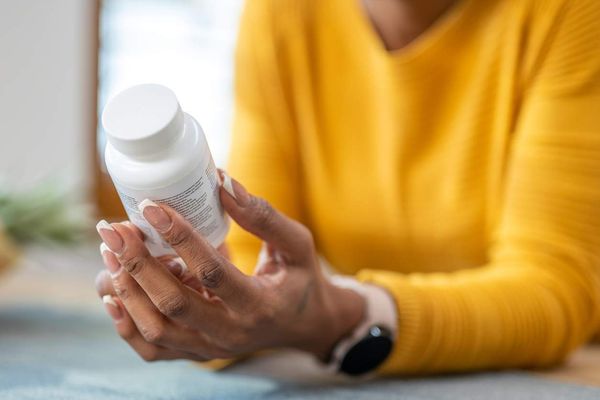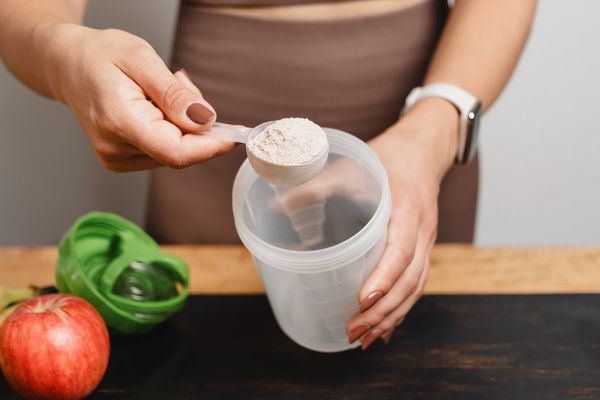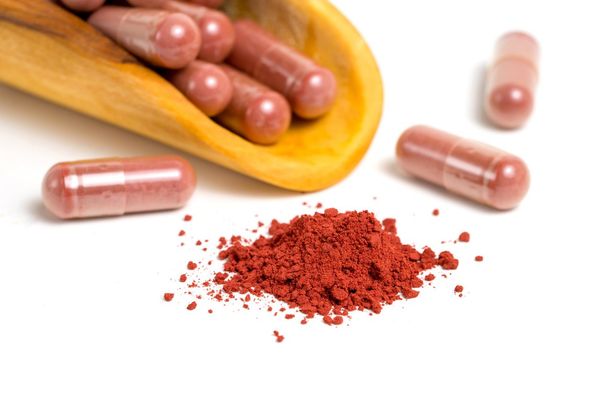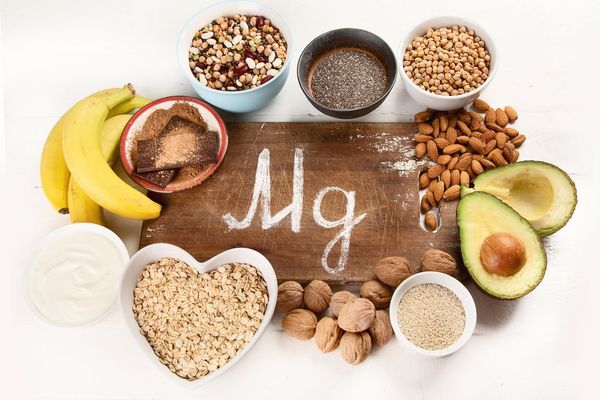Q:
What is the difference among different vitamin C supplements? How do they compare to each other and to whole foods, such as oranges?
A:
Vitamin C is an essential nutrient required for growth and repair of tissues in our bodies. It is also needed to form collagen, an important protein and component of blood vessels, tendons, ligaments and bone. In addition, vitamin C is an antioxidant, a disease-fighting molecule that helps prevent disease by fighting free radicals, substances that can attack and damage the body's cells and tissues. Free radicals are formed by normal bodily processes as well as by environmental contaminants like cigarette smoke. Because our bodies can't make and store vitamin C, we must obtain this nutrient through our diet.
Vitamin C deficiency can cause dry hair and skin, bleeding gums, decreased wound healing and bruising. A more serious, severe deficiency can lead to scurvy, but this is uncommon; however it can occur in malnourished individuals, and those with increased vitamin C requirements, such as pregnant and breastfeeding women and infants receiving unsupplemented milk diets.
The Orange Route
The recommended daily intake of vitamin C for women older than 18 is 75 milligrams (mg)/day. Women who smoke need even more vitamin C - 110 mg/day. And women who are breastfeeding need closer to 95 mg/day. The best way to meet the daily vitamin C requirement is by eating a healthy, balanced diet that is rich in fruits and vegetables. Some of the best sources of vitamin C include green and red peppers, citrus fruits and juices, berries, tomatoes, broccoli, leafy green vegetables, sweet and white potatoes and cantaloupe. The following are rich sources of vitamin C that are easy to incorporate into your daily diet:
Source Vitamin C (mg) 1 medium orange 68 1-cup orange juice 82 1-cup cooked frozen broccoli 74 1 medium fresh tomato 16 1-cup low sodium V8 67 1-cup cubed cantaloupe 59
When Fruit Isn't Enough
Taking a vitamin supplement may be a healthful option if you can't meet the recommended vitamin C intake through diet alone. Vitamin C supplements come in two basic forms: ascorbic acid and ascorbate. Although ascorbic acid is the most inexpensive and standard form of vitamin C, many people find it to be too acidic. Supplements made with ascorbate, on the other hand, are more expensive, but are better tolerated because the ascorbate is attached to minerals, such as sodium, calcium or magnesium. Despite the cost, you may get more bang for your buck with ascorbate-containing supplements because they are also good sources of minerals, such as calcium.
Ester-C
Ester-C is a more costly, yet innovative form of vitamin C. In addition to calcium ascorbate, this product also contains other vitamin C metabolites. Manufacturers of such products suggest the added metabolites help the body absorb the vitamin C and keep the vitamin C in the cells longer. Beware, however, these claims are made by the manufacturers and have not been substantiated by scientific data.
No matter how you meet your vitamin C requirement, you should not consume more than 2000 mg/day. High doses can lead to stomach upset, kidney stones and severe diarrhea.







